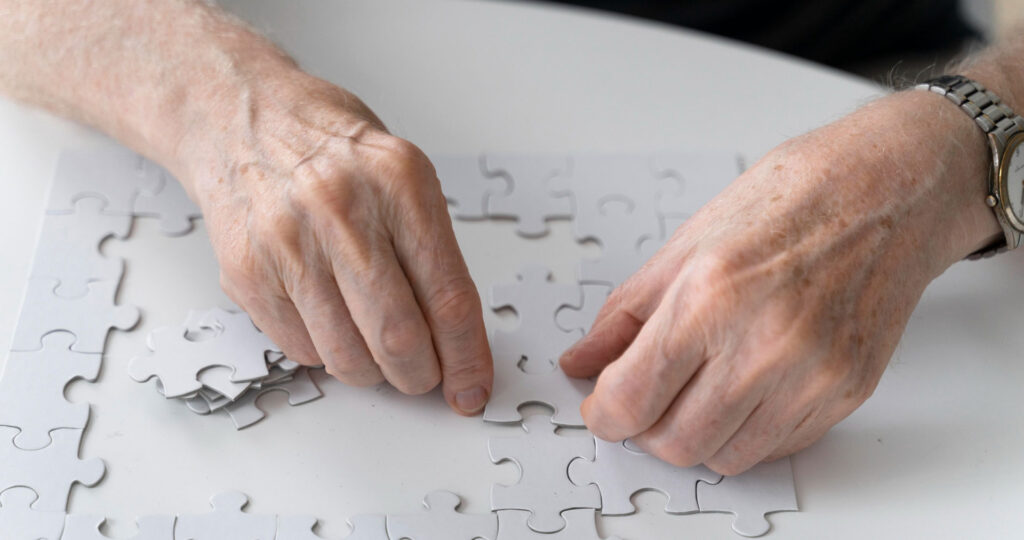Dementia is an incredibly complex condition, and can have many and varied impacts on not only the person diagnosed, but their entire family and social network. Specialised care is therefore a must-have to support people living with dementia and its impacts.
Why is Dementia care so complex?
Dementia affects sufferers’ thinking, behaviour and the ability to complete often simple and repetitive daily tasks, which often makes caring for patients difficult and even overwhelming.
With more than 100 recognised causes of dementia in Australia, it is an incredibly common, yet often misunderstood, condition. It usually affects people over the age of 65, though it can strike those who are younger.
Regardless of the cause, if a loved one is impacted, providing the right care and support without professional help is almost impossible.
We understand there is no known cure for dementia. However, with care that is centred on trust, empathy, and thoughtful communication – supported with certain medications – a person’s quality of life can be drastically improved, as well as slowing the deterioration associated with this condition.
Caring for Dementia patients
While many dementia behaviours are unavoidable, there are things you can do to help support your loved one – and yourself – as you navigate the world of dementia care. Symptoms, behaviours and care requirements will change with time and with the progression of the condition, so it’s important to be informed and prepared for the path ahead.
Whether or not you choose to care for your loved one at home, caregiving for someone with dementia without the appropriate expert assistance may become difficult – or even impossible – in the latter stages.
Dementia care at home
If you choose to care for your loved one with dementia at home, safety is paramount. Storage of medication, and potentially dangerous items (such as kitchen knives and tools) must be securely stored. You may also need to install locks to avoid your loved one wandering away from the safety of home and supervision, as well as nightlights to prevent disorientation after dark.
As the condition progresses, you will likely require respite at some stage, as well as ongoing advice and guidance to ensure the care you’re providing is appropriate for the stage of the condition. Care providers who specialise in aged care and dementia can offer you support in the form of:
- Personal care
- Companionship
- Meal preparation
- Cleaning
- Transportation assistance to appointments
- Assisting with activities including bathing, dressing, and grooming
- Community participation where appropriate
- Respite care.
The importance of respite care
Caring for someone with dementia can be a significant drain on carers and often has mental and physical health implications. Respite care can provide caregivers with a much-needed break away from the responsibility of caring for a loved one around the clock.
We often hear stories of caregivers feeling guilty about taking time away and leaving their loved one in the care of others. But respite from care is incredibly important – it allows carers to recharge, take time out and engage in important self-care activities that enable a better balance and, in turn, a better standard of care for the patient. Just as a car cannot run on an empty tank, nor can those providing care for others.
Importantly, respite care also gives the patient a break and gives them the opportunity to engage with new and varied people. Professionally provided respite care means your loved one is in the safe and capable hands of a trained professional. They are able to administer medication, provide personal care and ensure the patient is safe and secure in your absence.
Caring for a loved one with dementia has unique and complex challenges. If you need support, or just someone to talk to about these challenges, feel free to contact us and we can put you in touch with relevant and helpful organisations and resources.


